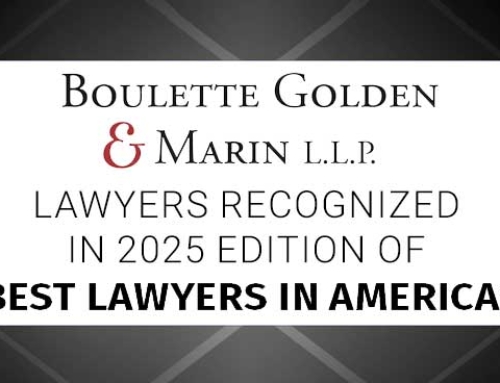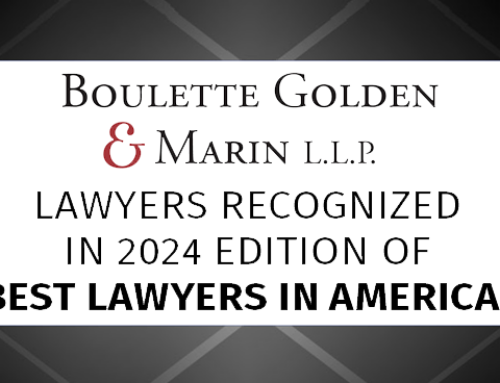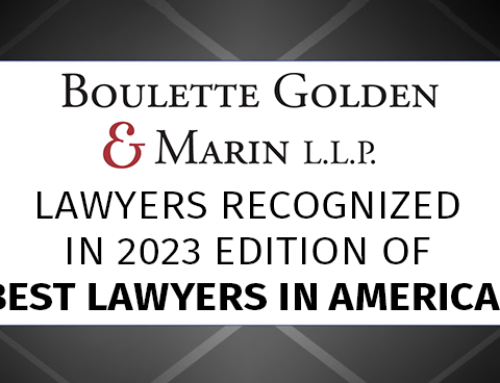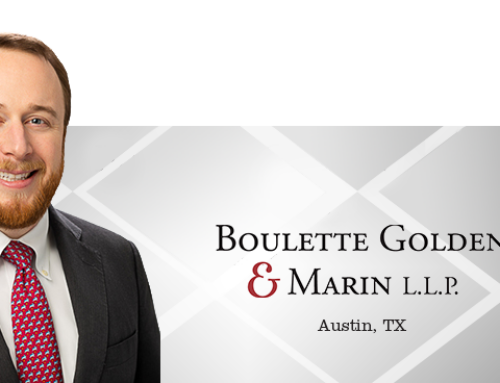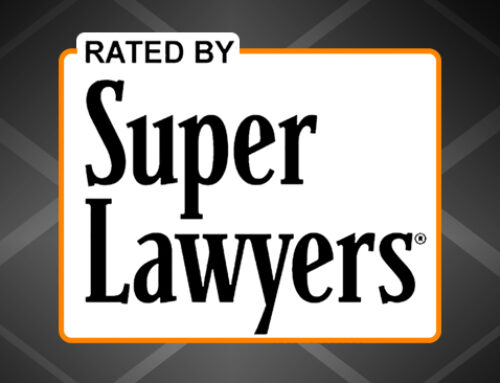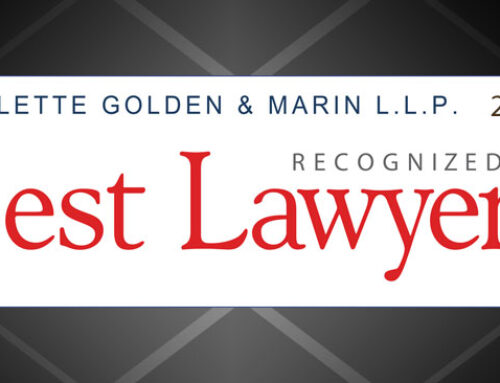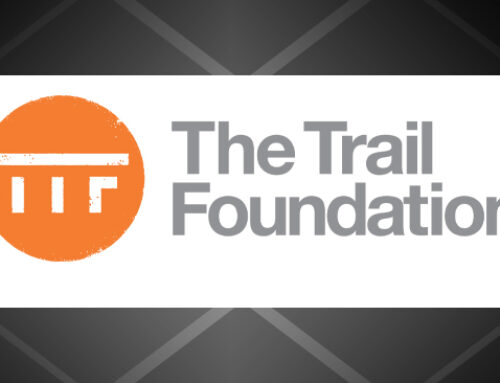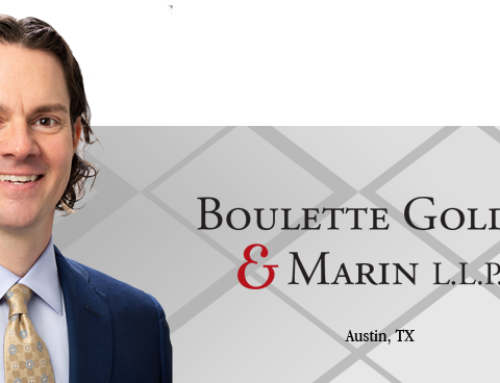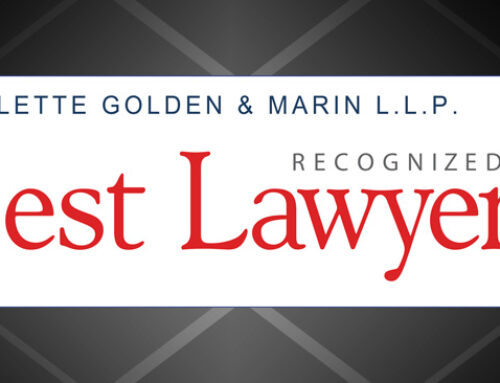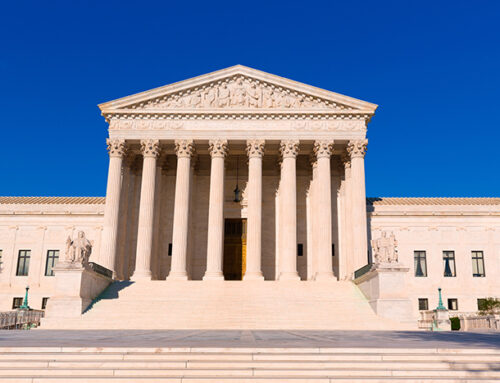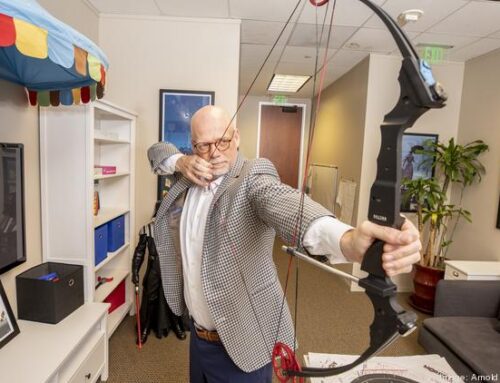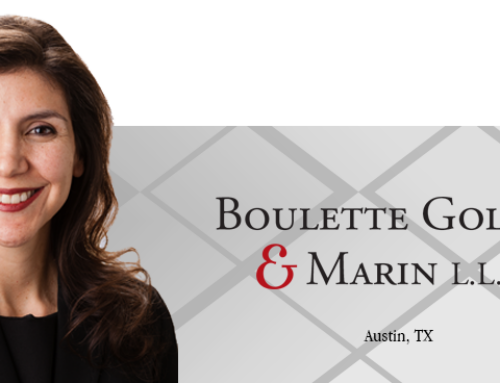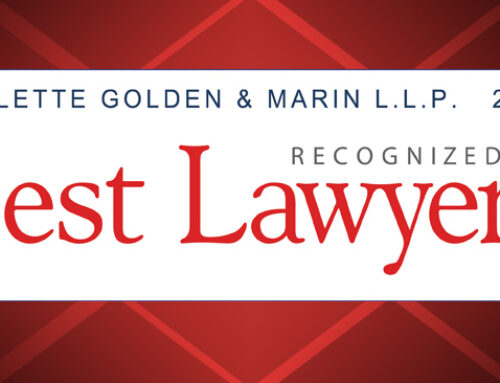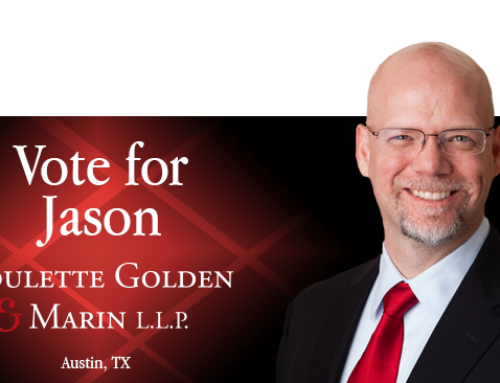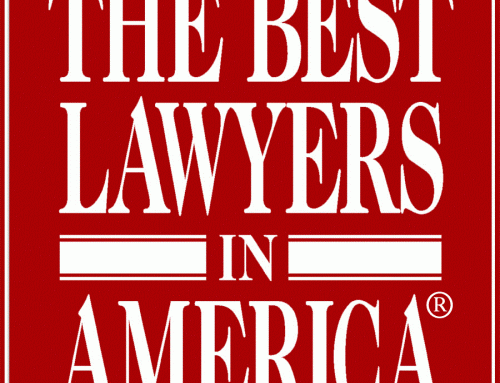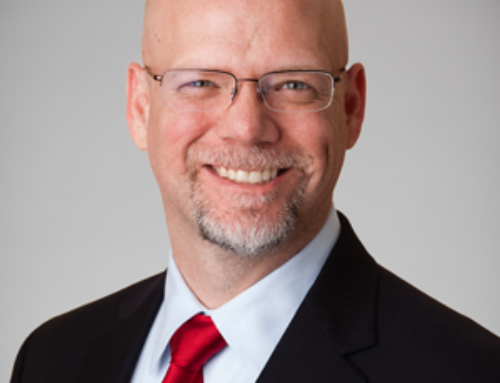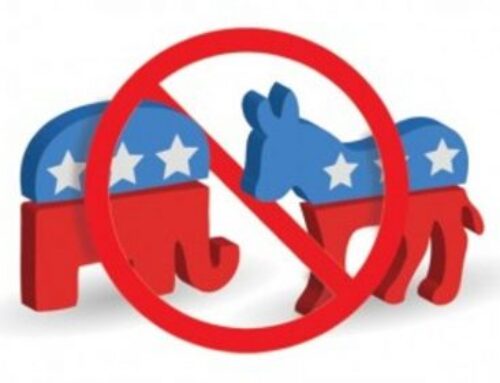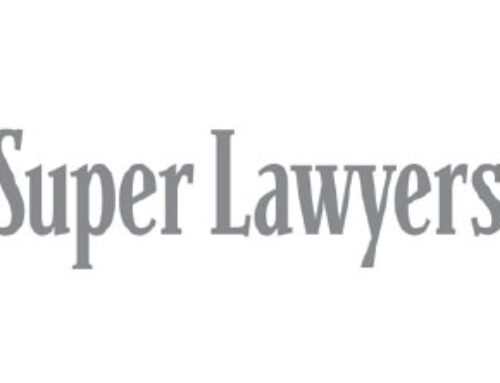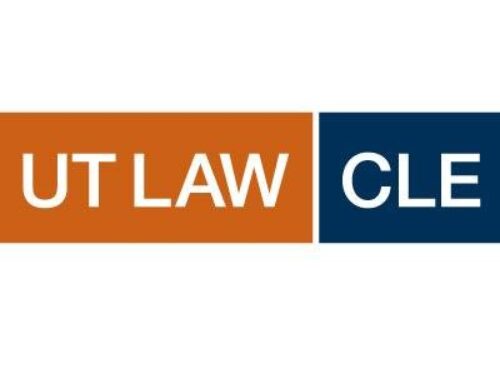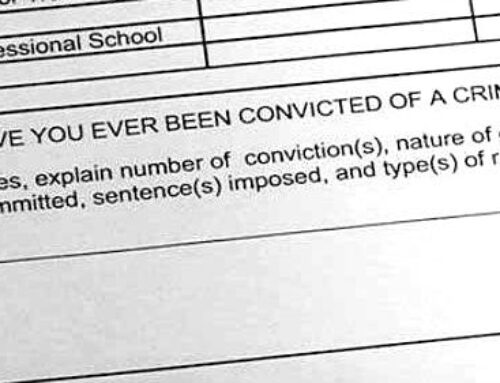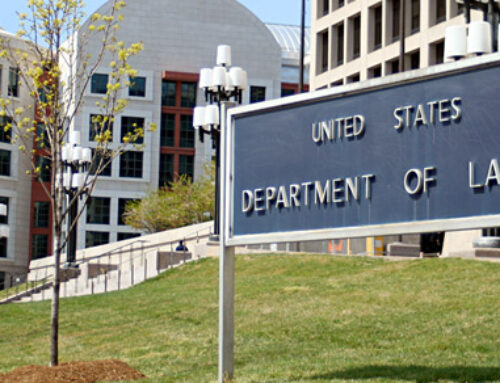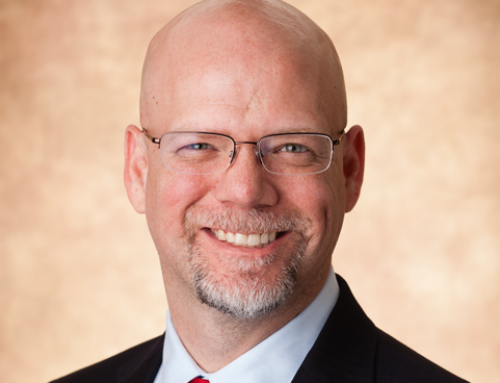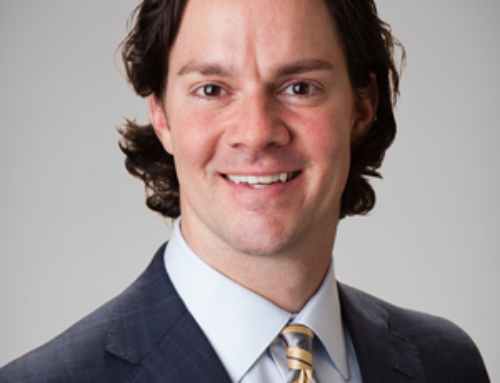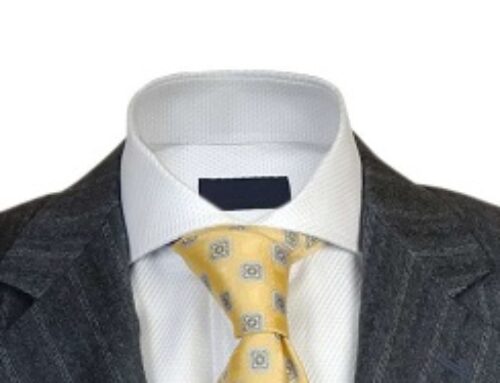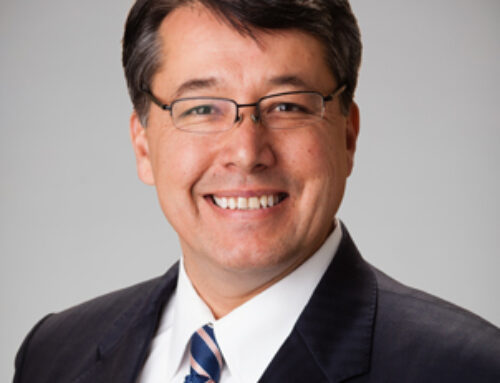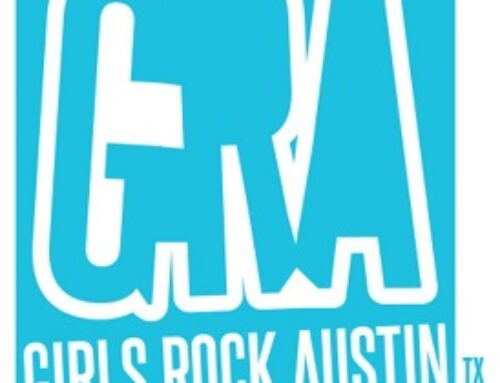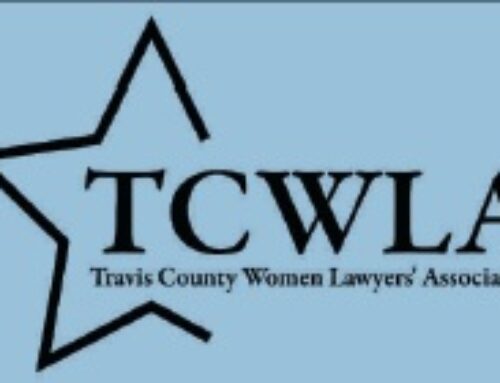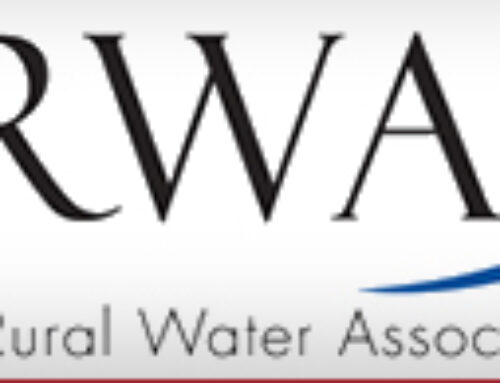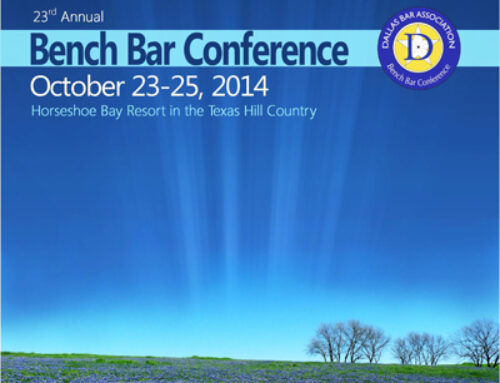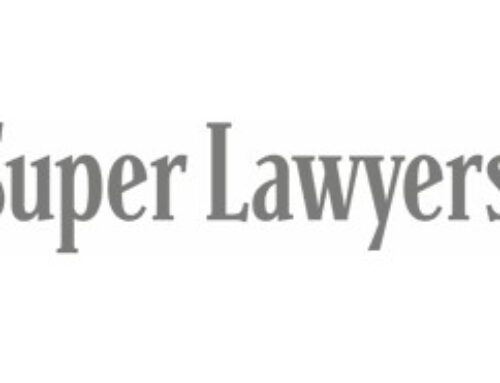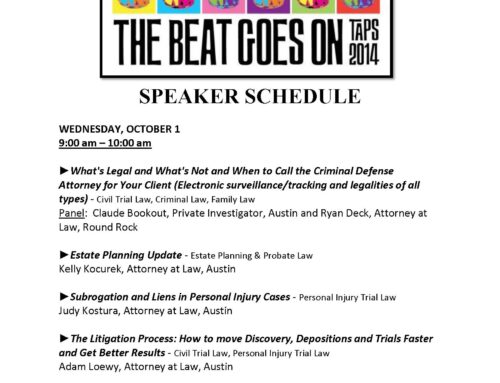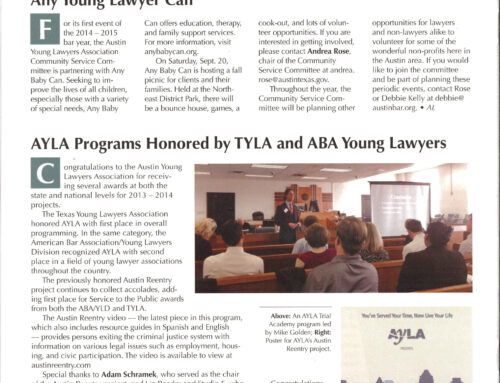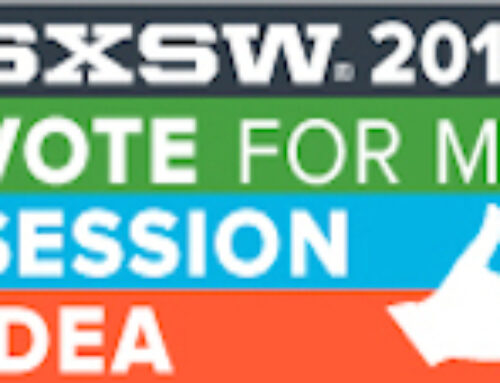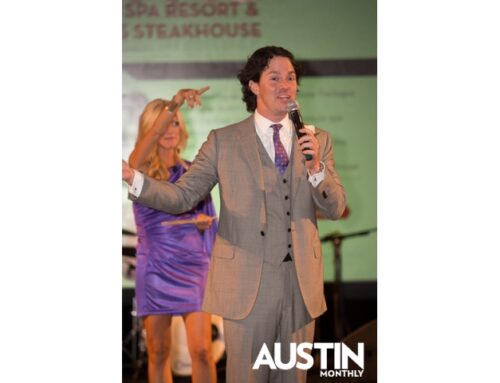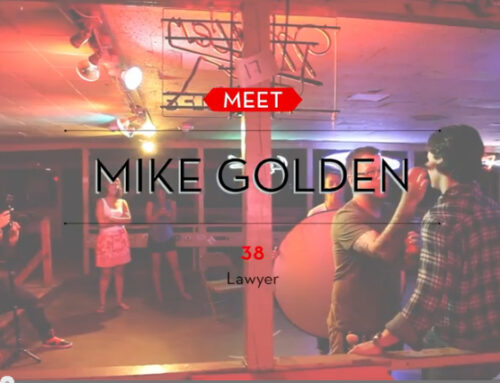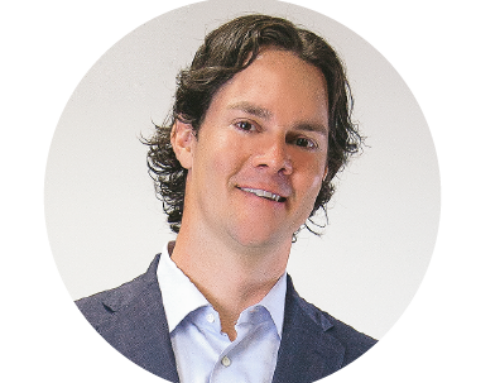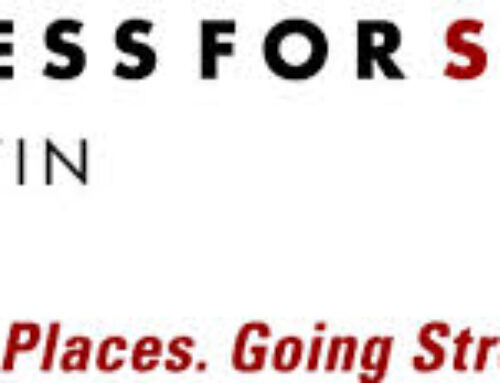By Steven Garrett, Associate Attorney, Boulette Golden & Marin L.L.P.
On June 1, 2015, the Supreme Court issued its opinion in the closely watched case EEOC v. Abercrombie & Fitch Stores, Inc. involving a conflict between a neutral policy and a religious practice. Title VII forbids employment discrimination based on religion and requires accommodation of religious practices unless doing so would result in undue hardship for the employer. The Court held that to prevail in a Title VII disparate-treatment case, a plaintiff need only show that the need for an accommodation for a religious practice was a motivating factor for an employer’s decision, not that the employer had actual knowledge that a religious accommodation was needed.[1]
Abercrombie, a clothing retailer, maintained a “Look Policy” that forbade employees from wearing “caps.” Samantha Elauf, a practicing Muslim who wears a headscarf in accordance with her religious beliefs, applied to work at Abercrombie. She scored highly enough in the interview that she normally would have been hired. Neither Ms. Elauf’s headscarf nor the no-cap policy was discussed during the interview. However, the assistant manager was concerned about whether the headscarf would violate the Look Policy and sought guidance. The assistant manager testified that she told her district manager that she believed Ms. Elauf wore the headscarf for religious reasons. The district manager said that the headscarf would violate the policy, whether religious or not, and directed the assistant manager not to hire Ms. Elauf.
Abercrombie argued that it did not intentionally discriminate against Ms. Elauf based on her religion because it did not have “actual knowledge” of her need for an accommodation and merely applied a neutral policy forbidding caps. The 10th Circuit Court of Appeals agreed, reversed the trial court, and awarded summary judgement for Abercrombie. The Supreme Court disagreed and sent the case back to the 10th Circuit.
Essentially, the Court held that because Abercrombie suspected that the headscarf was worn for religious reasons, Abercrombie’s refusal to hire Ms. Elauf was motivated by her need for an accommodation and that Abercrombie’s suspicion need not be confirmed in order for its decision to violate the law. The Court explained that Title VII’s disparate treatment provision outlaws certain motives—such as a desire to avoid waiving a work rule that conflicts with an employee’s religious practice—regardless of the state of the decision maker’s knowledge. In addition, the Court ruled that Title VII requires more than mere neutrality when it comes to religious practices; it requires accommodation subject to the undue hardship defense.
Because there was evidence that Abercrombie at least suspected that Ms. Elauf wore her headscarf for religious reasons, the Court expressly reserved for later the question of exactly what a plaintiff must prove to show that an employer’s decision was tainted. It is possible the question will be addressed by the 10th Circuit Court of Appeals on remand along with Abercrombie’s claim that accommodating Ms. Elauf would cause undue hardship.
Until further guidance, employers should be cautious and seek the assistance of employment counsel when employment decisions may turn on the possible need for accommodation of a religious practice.
[1] In contrast, the Americans with Disabilities Act, which also requires that employers make accommodations, explicitly incorporates the requirement that the disability needing accommodation be known to the employer.


